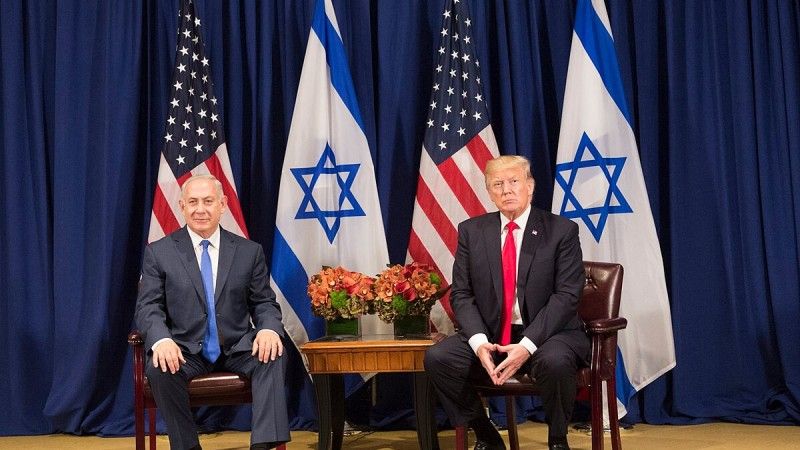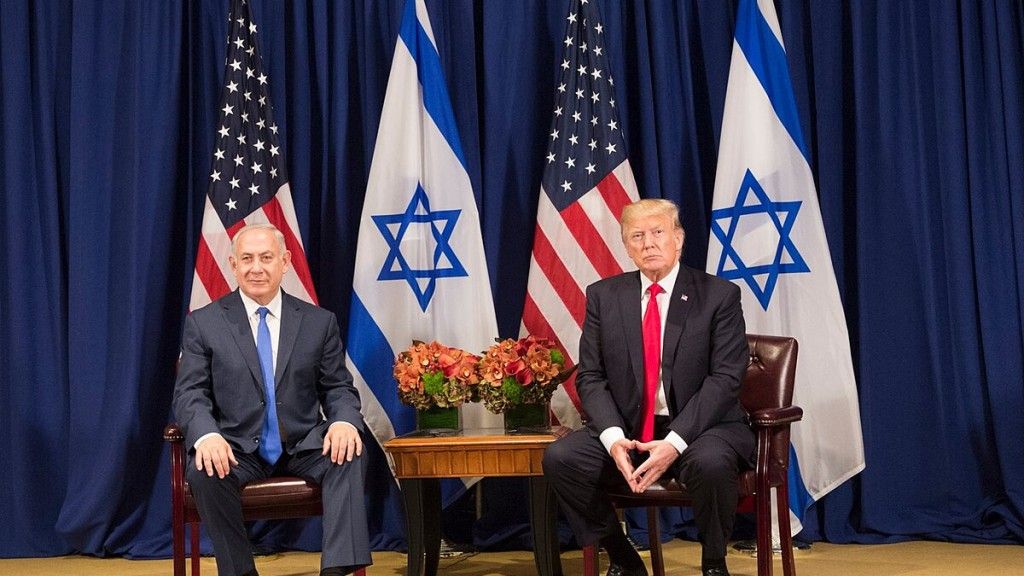
Photo. Wiki
Copy link
Send email
Egypt, Turkey, Qatar, and the United Arab Emirates are all co-guarantors of the Israel-Hamas agreement. This holds promise for its viability.
Let’s give credit where credit’s due. The Israel-Hamas deal is a major diplomatic success of Donald Trump himself and his team of negotiators. Undeniably, their efforts have yielded fruit.
And let’s confess. A great many critics (myself included) have repeatedly frowned upon Trump’s unorthodox approach to foreign policy. Many more have expressed misgivings about the U.S. president’s peculiar style and language. Nevertheless, he deserves praise and recognition for this particular achievement (although it was not enough for the Norwegian Nobel Committee to award him the coveted prize).
It remains to be seen what this arrangement really means—in the long run—for Israel and for the wider region. The Middle East’s history is littered with agreements that turned out to be frustratingly short-lived and never led to lasting peace. The Oslo Accords, signed in 1993, are the prime example of exaggerated expectations confronted with bitter reality.
Will this time be different? You are welcome to toss your coin.
However, at first sight, this time IS different, because so many regional actors have been involved in the mediation, with a clear objective to break the impasse, and not only to „display goodwill”. Egypt, Turkey, Qatar, and the United Arab Emirates are all co-guarantors of the deal’s viability. At least some of them will dispatch their troops to the Gaza Strip to oversee the implementation of the ceasefire. That would be an unprecedented development. Also, probably for the first time, the prospect of the „two-state solution” was practically off the table, as one of the crucial conditions for any talks with Israel. Furthermore, several Palestinian clans, weary of the devastating cost of the conflict and of Hamas’s intransigence, were actively supporting the deal.
Paradoxically, whereas President Trump is overtly optimistic about the long-term impact of the agreement, most Israeli politicians and commentators exercise restraint. Undoubtedly it is a moment of joy for the relatives of all released hostages. A moment of closure for all those who have lost their loved ones. A boost to Benjamin Netanyahu’s tottering political fortunes.
But, as Israel’s president Isaac Herzog rightly noted, this agreement just „opens a new horizon of hope”. Or, as laid out by a „Jerusalem Post” columnist, „it’s a road map, not the finish line”.
Still, in these turbulent times, this umpteenth „road map”, could become a palpable, historic turning point for the entire Middle East.

